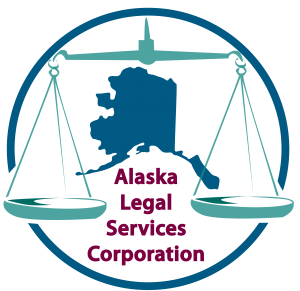Applicants and borrowers should become knowledgeable about the types of mortgage loans and their terms and conditions. Being aware of how a mortgage loan works will assist you in selecting the most appropriate financing.
With any mortgage loan, ask your lender to review all of the terms with you.
What is a mortgage loan?
When you buy a house, a lender gives you a mortgage loan in exchange for an interest in the house. Mortgages can be issued for either buying or refinancing a house. Borrowers should select a mortgage loan by the features (terms and conditions) it offers. For example:
- Dollar amount of the mortgage loan;
- Term (time period) of the mortgage loan;
- Interest rate of the mortgage loan; and
- Method used for paying off the mortgage loan.
What is a fixed rate mortgage and how does it work?
A fixed rate mortgage loan is a loan where the interest rate remains the same throughout the term (time period) of the loan. The borrower knows that the interest rate will not change until the borrower either pays off or refinances the mortgage loan.
What is an adjustable rate mortgage and how does it work?
An adjustable rate mortgage has an interest rate that changes during the life of the loan. Typically, the initial rate is very low and adjusts upward after as little as one month.
What is a balloon payment mortgage and how does it work?
This type of mortgage loan does not fully amortize over the term of the loan, leaving a balance due at maturity. The final payment (balance) of the mortgage loan is called a balloon because of the large size of this payment. A balloon payment mortgage can have either adjustable or fixed payments until the balloon is due.
What is negative amortization?
Negative amortization occurs when the monthly payments do not cover all of the interest costs. This unpaid interest is added to the unpaid principal balance, which means that the balance of the loan can grow. If borrowers do not pay a sufficient amount each month, they can owe more than they did at the beginning of the mortgage loan.
Negative amortization can occur when an adjustable rate mortgage (ARM) loan has a payment cap that results in monthly payments not high enough to cover the interest due.
What is a prepayment penalty?
Prepayment penalties are fees imposed on borrowers when they attempt to refinance or pay off their mortgage loan before a fixed deadline determined by the lender. Prepayment penalties are designed to compensate lenders for the fixed costs of originating the mortgage loans. These penalties can be very expensive and should be disclosed in both the preliminary and final Truth In Lending Disclosure Statement and in the mortgage note or an addendum to the note.
Borrowers should ask these four key questions before committing to a mortgage loan:
- Does the mortgage loan feature prepayment penalties?
- How much is the penalty fee and how many years is it in effect?
- Will the lender offer a lower interest rate in exchange for the borrower accepting a prepayment penalty?
- Does the lender offer other mortgage loans without prepayment penalties?
